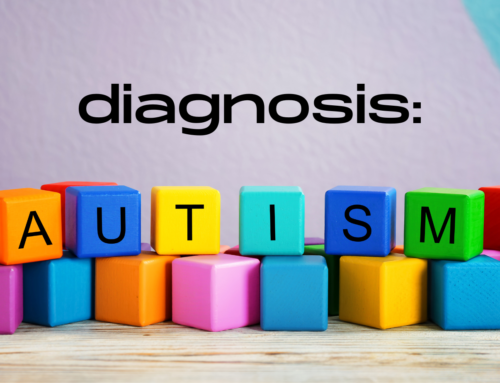A fun article from About Health.
Parents — particularly primary caregivers — burn out from time to time. Even the most doting mom of a typical child can become overwhelmed by the demands of a colicky baby, a whiny toddler, or a
demanding tween. It gets even tougher when you’re coping with a 21st century parenting schedule of play dates, dance class, hockey practice, away games, birthday parties, shopping, cooking, cleaning…
But that’s nothing, compared to the level of activity, expense, anxiety, and pressure experienced by the average autism parent.
Parenting Severe Autism
For parents of children with more severe forms of autism, the work can be overwhelming. Many parents are coping with behaviors — such as fecal smearing, self-injury, aggression, and unending repetition — that can be frightening, upsetting, or truly dangerous.
These difficulties are just the start, though, because there are also the issues related to finding a safe, meaningful educational program–not an easy feat for a child with challenging behaviors. Then there’s finding and getting the child to the right therapists; coping with day to day errands and ordinary housework in a chaotic situation; and helping other family members to understand and support a child who can’t speak or behave “normally.”
All these problems are made even more heartbreaking when, for many families, it becomes clear that the dangers and difficulties are too much to handle — and the child with autism is moved to a residential setting.
Parenting “Moderately Severe” Autism
Parents of children with moderately severe autism have a different but similarly difficult row to hoe.
The world is not set up for people who are “sort of but not very disabled.” Yes, there are schools for children who are severely disabled and for children with mild behavioral or learning issues — but what about the child who is verbal, engaged, reasonably intelligent, but unable to follow rapid conversation or classroom discussion, clueless about social interaction, interested only in Disney characters, and oblivious to cultural norms?
For moderately autistic children, play dates are often a pipe dream. What typically developing child wants to hang out with a peer who repetitively flicks his fingers while he recites the entire script of Beauty and the Beast? Yet that same autistic child may do very well in math class, have a real talent for art or music, and behave better than most typical children when asked to follow a schedule, keep his room neat, and wash his hands for dinner.
Parents of moderately autistic children are torn between the desire to “normalize” their child and push him toward a typical life, and the reality that their child simply doesn’t think, act, or learn like his peers. Parents work extraordinarily hard to find the right classrooms and therapies, see development and growth, but over and over again are dashed against the reality that autism is a significant, lifelong difference that will limit their child’s opportunities for decades to come.
Parenting “High Functioning” Autism
While it might seem that the parents of high functioning children with autism have it easy, the reality is that they are facing an incredibly complex set of issues — and there is no clear path to success. Children with what used to be called Asperger syndrome can often “pass” for a typically developing child — but this is often more of a curse than a blessing.
That’s because, while youngsters with high functioning autism may know the answers to all the questions in school, they may also have no idea how to stop blurting out. They may lack the ability to read body language, and thus miss signs that others are frustrated by their behavior. They may also be extremely sensitive to criticism, and prone to frustrated outbursts of temper. In addition to these challenges, children and teens with high functioning autism may be anxious, depressed, and compulsive, overwhelmingly sensitive to light, sound, and heat, and yet — at the same time — they are often lonely.
Parents of children with high functioning autism don’t have the relative luxury of a child with an obvious developmental disorder. They must forge a path with and for their child that builds on his strengths while supporting his challenges. And while the world is set up to support and care for those who clearly need help, it is not very forgiving of those who seem — but aren’t — “just fine.”






